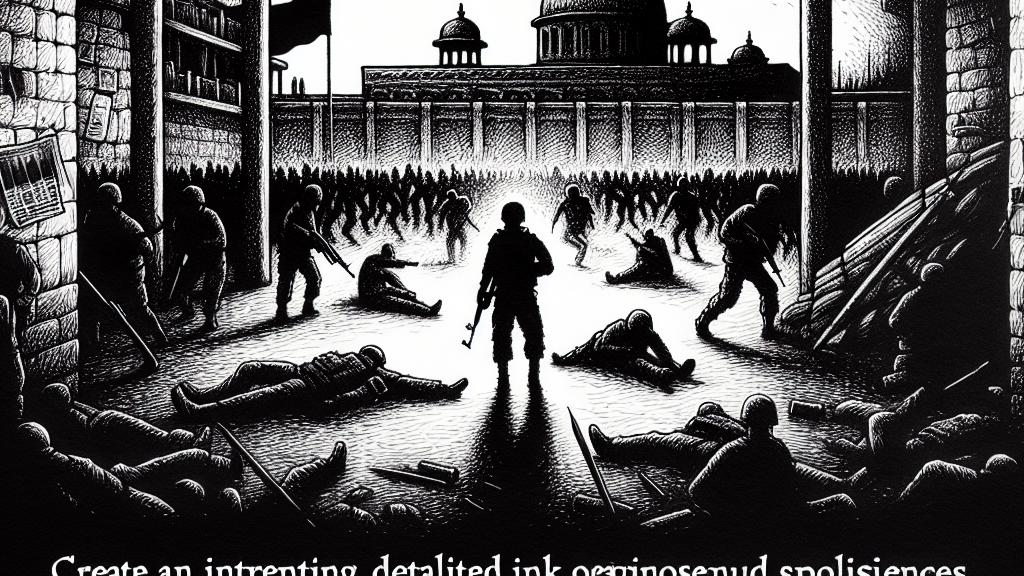Update on Kizza Besigye's Health and Detention
Overview
- Kizza Besigye, the prominent Ugandan opposition leader, has entered his second week of a hunger strike.
- He faces critical health issues in military detention, raising alarms about his well-being.
- Amidst ongoing legal challenges, the Ugandan government persists in pursuing military trials against him.

Kizza Besigye's Situation
Kizza Besigye's current predicament starkly highlights the dangers faced by those who oppose President Yoweri Museveni in Uganda—a leader who has been in power since 1986. Once a trusted ally and personal physician to Museveni, Besigye has become a revered figure in the opposition, challenging an entrenched political regime that many believe will stop at nothing to maintain control. His dramatic abduction from Kenya in November, orchestrated by unidentified agents, triggered a wave of outrage both domestically and internationally. Accused of possessing firearms and threatening national security, his charges are widely perceived as politically motivated. Critics argue that this situation is emblematic of a broader trend where dissent is not just discouraged but aggressively suppressed, suggesting that Museveni's government fears the power of a united opposition.
Health Concerns Amidst Hunger Strike
As Besigye continues his hunger strike, his health has rapidly declined, drawing both concern and sympathy from his supporters and the public. After more than a week without food, he was taken to a private clinic due to alarming health concerns—a move that created a stir, revealing the dire conditions political prisoners often endure. Witnesses described the scene as Besigye was wheeled into the clinic, looking frail and weary; this image resonates deeply with many who fear for his life. Health advocates and organizations have issued urgent calls for his release, emphasizing that his situation is a matter of life and death. The Ugandan Medical Doctors’ Association’s request for his release on health grounds underscores a critical dimension of this crisis: it’s not just about political struggle; it’s a battle for the right to live and receive adequate care.
Political Implications of Military Trials
The government's persistent push to try Kizza Besigye in military courts, despite a Supreme Court ruling declaring such trials unconstitutional for civilians, reveals a troubling disregard for justice and the rule of law. Museveni's administration exhibited stunning audacity by dismissing the court’s decision as a 'wrong choice,' indicating a willingness to undermine legal precedents to suppress dissent. This determination to silence opposition figures reflects deep-seated fears within the regime about losing its grip on power. Winnie Byanyima's skepticism regarding government minister visits to her husband illustrates the emotional and psychological toll of political persecution. Her portrayal of these visits as acts of intimidation resonates widely; it emphasizes that Besigye’s plight is not just an isolated incident but part of a larger oppressive strategy against any form of opposition. As international observers continue to monitor these developments closely, the global community is reminded of the importance of standing up for justice, human rights, and the fundamental principles of freedom that should be upheld in every corner of the world.

Loading...